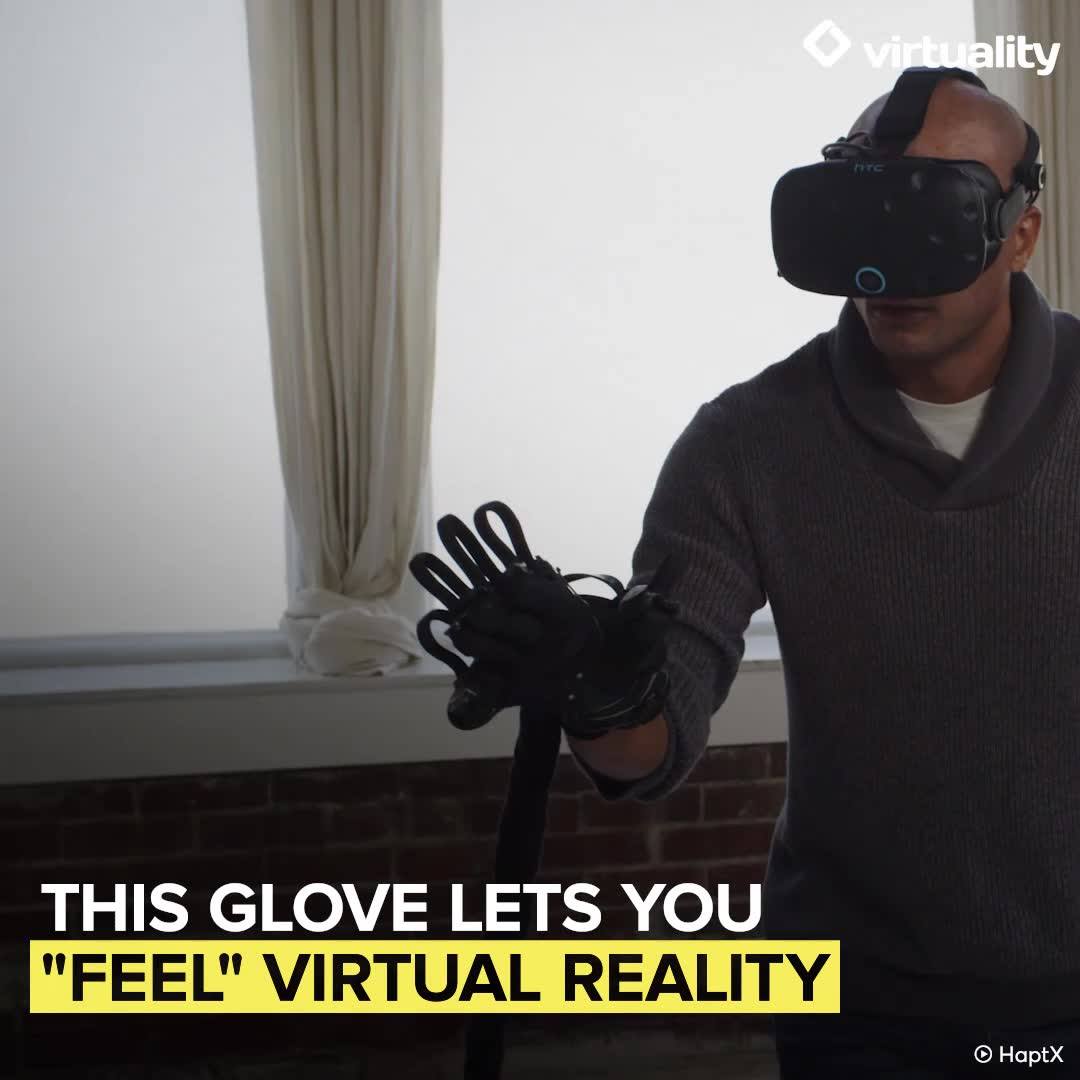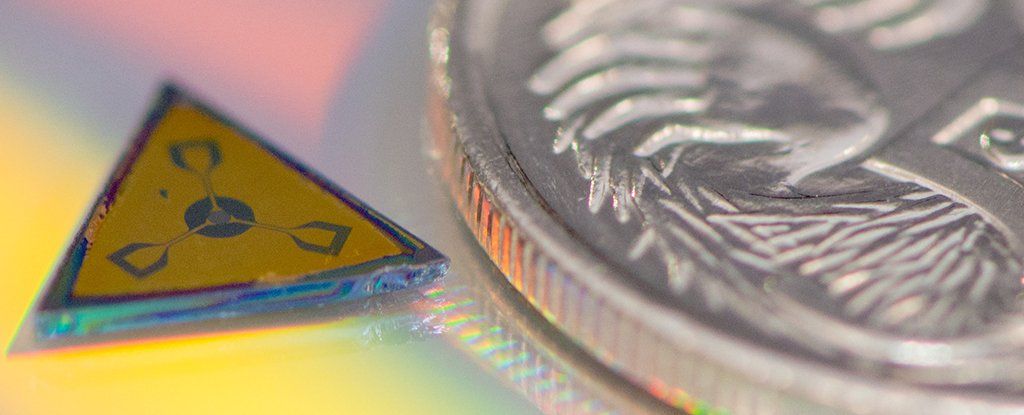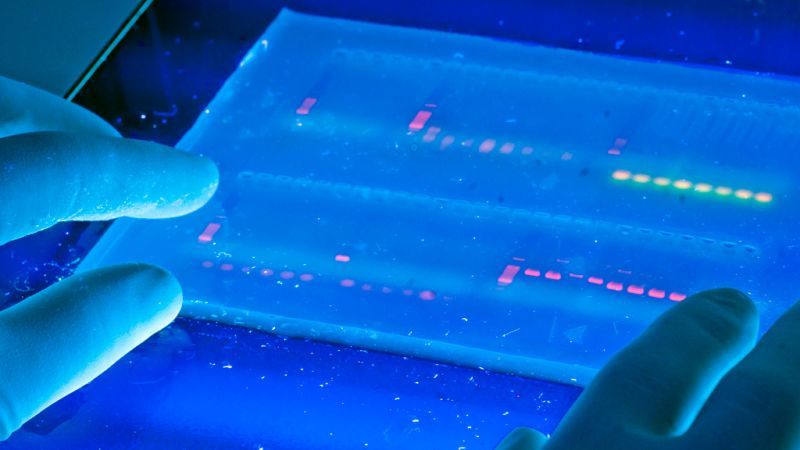Page 10008
Dec 8, 2017
Photoshop uses AI to make selecting people less of a hassle
Posted by Shailesh Prasad in category: robotics/AI

Masking a human or other subject out of a scene is a pretty common trick nowadays, but it’s is still arguably one of the hardest and lowest-tech parts of Photoshop. Adobe’s about to make that a lot easier, thanks to an upcoming AI-powered feature called Select Subject. Using it is pretty much idiot-proof: From the main or “Select and Mask” workspaces, you just need to click anywhere on the image, and it’ll automatically select the subject or subjects in the image. From there, you’re free to change the background or tweak the subject separately.
The tech is powered by Adobe’s AI platform, Sensei. “Complicated details around the subject aren’t an issue, because this feature is using machine learning to recognize the objects,” Adobe Photoshop Product Manager Meredith Payne Stotzner says in the YouTube video (below). During the demo, she uses it select a single person on the street, a group of volleyball players, a couple on the beach and a red panda.
Continue reading “Photoshop uses AI to make selecting people less of a hassle” »
Dec 8, 2017
Physicists Just Invented an Essential Component Needed For Quantum Computers
Posted by Shailesh Prasad in categories: computing, quantum physics
In 2016, the Nobel Prize in Physics went to three British scientists for their work on superconductors and superfluids, which included the explanation of a rather odd phase of matter.
Now, for the first time, their discovery has a practical application – shrinking an electrical component to a size that will help quantum computers reach a scale that just might make them useful.
In a collaboration with Stanford University in the US, a team of scientists from the University of Sydney and Microsoft have used the newly found phase of matter — topological insulator — in shrinking an electrical component called a circulator 1,000 times smaller.
Continue reading “Physicists Just Invented an Essential Component Needed For Quantum Computers” »
Although it is hard to get exact numbers, thousands of science students and professionals are thought to be among those seeking refuge. Now they are the focus of a documentary by Italian artist and film-maker Nicole Leghissa. Her Science in Exile recently premiered at the World Science Forum in Jordan, and will be shown globally in 2018.
What becomes of the scientists among those fleeing war and conflict in Africa and the Middle East, asks a documentary, Science in Exile.
Dec 8, 2017
Insurance Companies Are Now Offering Discounts if Your Let Your Tesla Drive Itself
Posted by Shailesh Prasad in categories: finance, robotics/AI, transportation
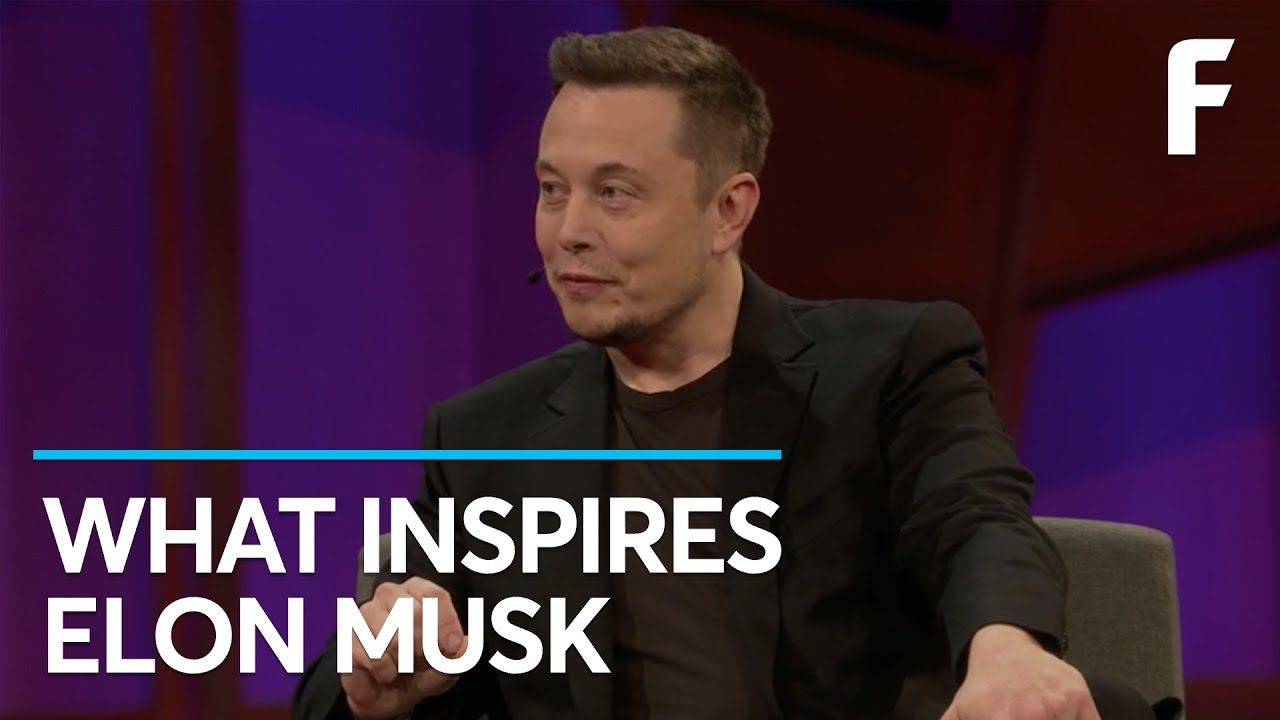
While accidents have happened, one of the most appealing things about autonomous vehicles is their capacity to make our roads a safer place. Now, insurance companies are starting to offer financial incentives to promote adoption.
Britain’s largest automobile insurance company, Direct Line, has announced a 5 percent discount for customers who activate Autopilot functionality in their Tesla. It follows in the footsteps of Root, a startup that offers a similar promotion across nine states in the US.
Dec 8, 2017
Scientists Just Took a Giant Leap Forward in the Quest to Create Artificial Life
Posted by Shailesh Prasad in category: biotech/medical
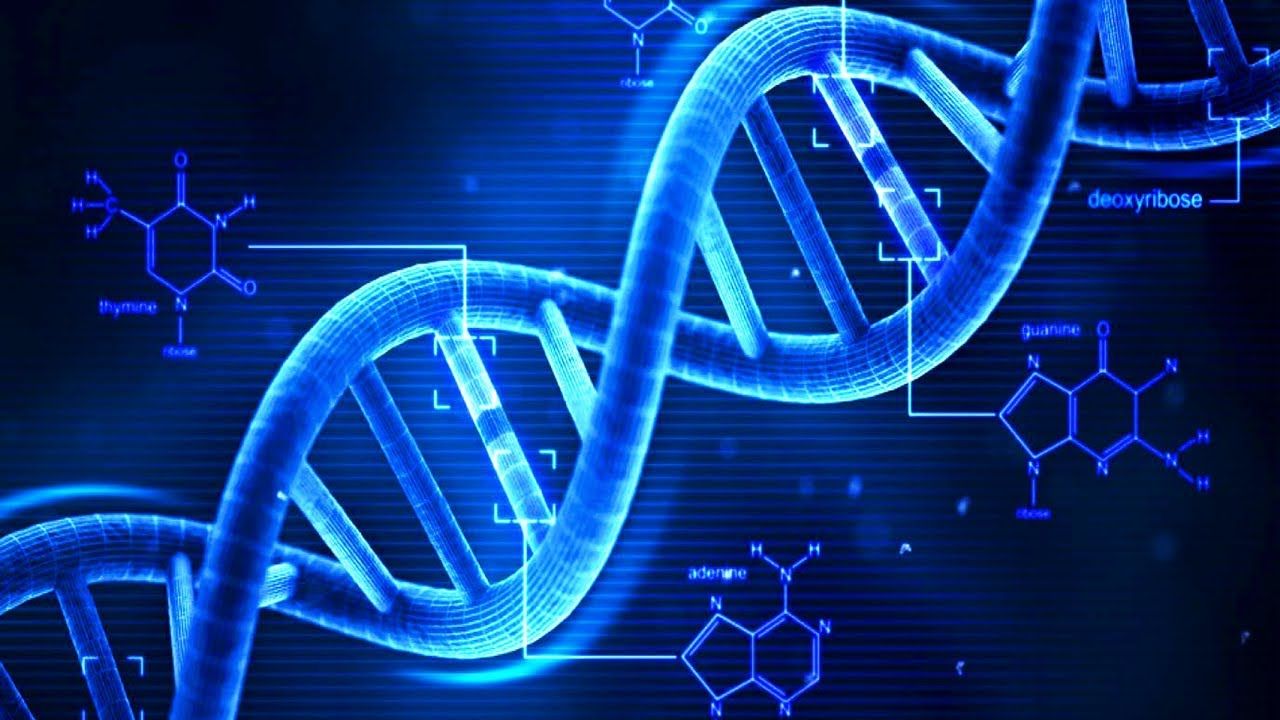
A new study reveals that semi-synthetic organisms — in this case, E.coli bacteria containing two artificial DNA bases — can produce proteins.
Dec 8, 2017
Netflix’s Beautiful New Sci-Fi Series Will Make You Rethink Death
Posted by Shailesh Prasad in categories: life extension, neuroscience

What is a body other than the vessel for your consciousness? Does the one you’re using right now really matter all that much? Why not, when your current body gets all old and run down, don’t you just get a new, young, beautiful, and healthy one? That’s the pitch in the first trailer for Netflix’s new dystopian sci-fi series Altered Carbon, which takes the form of an advertisement for Psychasec.
“Centuries ago, mankind discovered a way to transfer consciousness into a new body making death a mere inconvenience,” says the commercial. “Since then we’ve been providing an unparalleled pedigree of human sleeves to only the most discerning clientele. Psychasec: Live forever in the body you deserve.”
Continue reading “Netflix’s Beautiful New Sci-Fi Series Will Make You Rethink Death” »
Dec 7, 2017
Tesla just received its largest preorder of Semi trucks yet
Posted by Shane Hinshaw in category: transportation
Dec 7, 2017
DeepMind’s AI became a superhuman chess player in a few hours, just for fun
Posted by Sean Cusack in category: robotics/AI
The descendant of DeepMind’s world champion Go program stretches its muscles in a new domain.
Dec 7, 2017
A Modified CRISPR Could Treat Common Diseases Without Editing DNA
Posted by Montie Adkins in categories: bioengineering, biotech/medical, genetics
It worked. Working with mice, they were able to reverse the disease symptoms of kidney disease, type 1 diabetes, and a form of muscular dystrophy. In the mouse with kidney disease, for example, they turned on two genes associated with kidney function and saw the kidney function improved.
The unassumingly named CRISPR/Cas9 is a technology that stands to remake the world as we know it. By allowing scientists to more easily than ever cut and paste all those As, Cs, Ts, and Gs that encode all the world’s living things, for one thing, it could one day cure many devastating diseases.
All that power, though, comes with one pretty sizable caveat: Sometimes CRISPR doesn’t work quite like we expect it to. While the scientific establishment is still embroiled in a debate over just how serious the problem is, CRISPR sometimes causes off-target effects. And for scientists doing gene editing on human patients, those mutations could wind up inadvertently causing problems like tumors or genetic disease. Yikes.
Continue reading “A Modified CRISPR Could Treat Common Diseases Without Editing DNA” »
